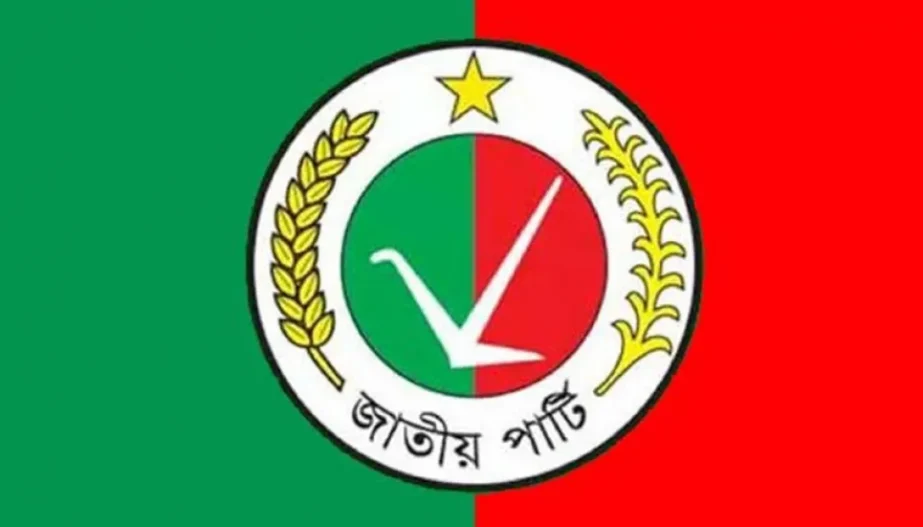
Staff Reporter :
In a significant political development, the Jatiya Party (JP) has not been invited to the ongoing reform discussions convened by the interim government led by Chief Adviser Dr. Muhammad Yunus. Multiple government sources have indicated that objections from student leaders linked to the July-August uprising have influenced this decision.
Further complicating matters, allegations have surfaced regarding the Jatiya Party’s controversial role during the previous Awami League-led administration, particularly concerning their participation in what many viewed as staged elections orchestrated by Sheikh Hasina’s government.
These objections have cast doubt on the Jatiya Party’s potential involvement in the dialogue. The interim government is currently engaged in its third round of talks focusing on reforms, elections, and the prevailing political situation.
The first day of discussions, held last Saturday, included the participation of five parties, including the BNP (Bangladesh Nationalist Party), Jamaat-e-Islami, and the Gono Adhikar Parishad, alongside three coalitions such as the Democratic Platform.
An adviser to the interim government stated that discussions with the remaining parties are scheduled for October 19, after the Durga Puja festivities. Invitations are expected to be sent to parties including the LDP (led by Oli Ahmed), the 12-party alliance aligned with the BNP, the Bangladesh Jasad, and the Bangladesh National Party, led by Andalib Rahman Partha.
Other smaller parties may also receive invitations. However, the deposed Awami League and its allies will not be included in these talks. This stance reflects the government’s strategic position to avoid engaging with parties considered allies of the previous regime.

The Jatiya Party’s controversial status stems from its association with the now-ousted Awami League, which lasted over 15 years. During this time, JP leaders occasionally held ministerial positions and were often labeled as “puppets” while occupying opposition seats in parliament.
Most recently, the Jatiya Party participated in the January 7 elections, where they were positioned as the opposition. Following the mass uprising that led to the fall of the authoritarian regime on August 5, questions regarding JP’s past affiliations have resurfaced.
In response, Jatiya Party Chairman GM Quader asserted, “We have never acted as an ally of the Awami League.
We have always been allies of the people. Our cooperation with the Awami League has been exaggerated and coerced.” He further explained that the Jatiya Party was often forced into various roles to ensure its survival amidst political turbulence.
JP leaders contend that a faction of their party was deliberately maintained by the Awami League throughout its governance, and any attempts by the JP to diverge from government decisions were met with efforts to dismantle the party.
Dr. Yunus took charge of the interim government on August 8. Just four weeks later, he initiated dialogue with political parties at the end of August, during which the Jatiya Party was initially invited to participate. On August 31, Chairman GM Quader and several leaders attended discussions with the chief adviser.
However, due to the recent objections from student factions, the government has yet to make a final decision regarding the Jatiya Party’s involvement in ongoing talks.
JP Secretary General Mujibul Haque confirmed that they have not yet received an invitation for the dialogue but expressed willingness to participate if called.
